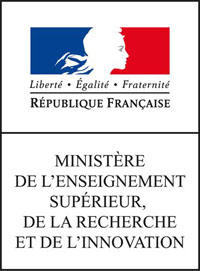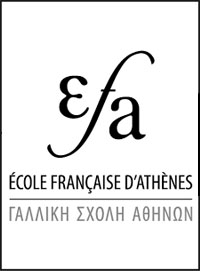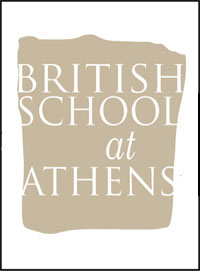MOUNT SKOLLIS - Caves of Ag. Georgios and of the Theotokos - 2000
Informations Générales
Numéro de la notice
1538
Année de l'opération
2000
Chronologie
Mots-clés
Nature de l'opération
Institution(s)
Toponyme
Notices et opérations liées
2000
Description
Mount Skollis. M. Georgopoulou-Verra (6th EBA) notes new studies of chapels in two caves.
Cave of Agios Georgios. A study of the wallpaintings in two small chapels (of the Virgin and of Ag. Georgios) in this cave, on the northeast side of the mountain near Portes, reveals the use of two distinct styles. The first is closest to a good regional style of the mid 13th century with Comnenan technical influences and the second is a cruder, more popular style of approximately the same period.
Cave of the Theotokos. Within this remote cave near the top of the mountain, behind and below a wide entrance area, a small church is founded on bedrock. It probably had an artificial roof in antiquity as today. A full description is given of the rich and well-preserved cycle of wall-paintings (Fig. 1). While certain scenes (notably the Deisis) are executed in the fine Comnenan style used in the Cave of Ag. Georgios and may be by the same painter, the popular style is more common here.
The paintings in the two churches are probably contemporary, and show similar subjects and use of colour. Three small and misspelled inscriptions offer a further connection. The cave continues west of the church, with two chambers (2m and 3.5m below the level of the church), invisible from the cave entrance, likely used to accommodate hermits.
Cave of Agios Georgios. A study of the wallpaintings in two small chapels (of the Virgin and of Ag. Georgios) in this cave, on the northeast side of the mountain near Portes, reveals the use of two distinct styles. The first is closest to a good regional style of the mid 13th century with Comnenan technical influences and the second is a cruder, more popular style of approximately the same period.
Cave of the Theotokos. Within this remote cave near the top of the mountain, behind and below a wide entrance area, a small church is founded on bedrock. It probably had an artificial roof in antiquity as today. A full description is given of the rich and well-preserved cycle of wall-paintings (Fig. 1). While certain scenes (notably the Deisis) are executed in the fine Comnenan style used in the Cave of Ag. Georgios and may be by the same painter, the popular style is more common here.
The paintings in the two churches are probably contemporary, and show similar subjects and use of colour. Three small and misspelled inscriptions offer a further connection. The cave continues west of the church, with two chambers (2m and 3.5m below the level of the church), invisible from the cave entrance, likely used to accommodate hermits.
Auteur de la notice
Catherine MORGAN
Références bibliographiques
ADelt 55 (2000) Chr, 365−66
Date de création
2010-12-09 00:00:00
Dernière modification
2023-10-05 15:51:32








